Brazil is a vibrant and diverse country that is known for its beautiful beaches, stunning natural landscapes, and rich cultural heritage. With its warm weather, exciting nightlife, and diverse wildlife, it is no wonder that Brazil is one of the most popular tourist destinations in the world. There is always more to discover and learn about this fascinating country.WisdomSpoon shares some of reasons out of many reasons why people should visit Brazil and what makes this country so special.
Beautiful Beaches
Brazil is home to some of the most beautiful beaches in the world. The country has over 7,000 kilometers of coastline, which means that there is no shortage of beaches to explore. From the famous Copacabana Beach in Rio de Janeiro to the stunning Praia do Espelho in Bahia, there are plenty of beaches to suit every taste. The warm weather and clear waters make Brazil the perfect destination for beach lovers and water sports enthusiasts.
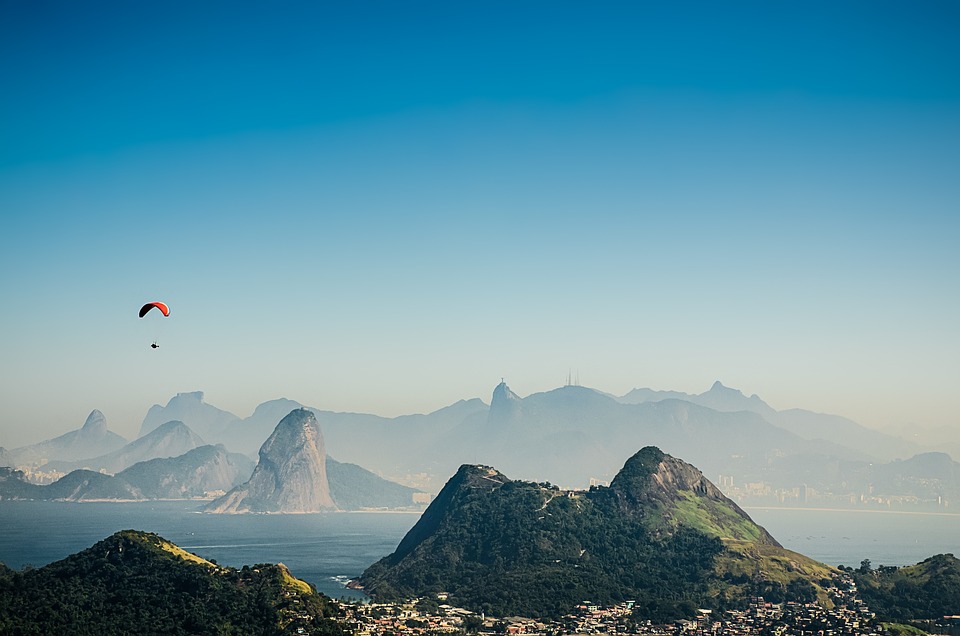
Vibrant Culture
Brazil is known for its vibrant culture, which is a blend of African, European, and indigenous traditions. The country is famous for its music, dance, and art, which are all an important part of Brazilian culture. Visitors to Brazil can experience the country’s unique culture through music festivals, dance performances, and cultural events. The country is also home to some of the most famous carnivals in the world, including the Carnival of Rio de Janeiro, which attracts millions of visitors every year.
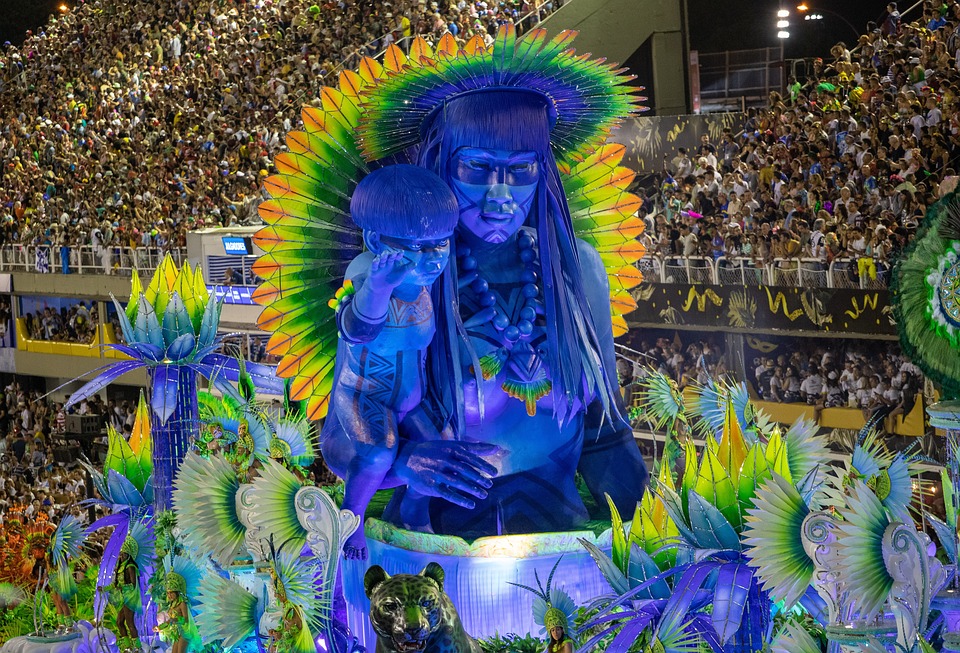
Diverse Wildlife
Brazil is home to a diverse range of wildlife, including the Amazon Rainforest, which is one of the most biodiverse regions on the planet. The country is also home to a variety of endangered species, such as the jaguar, the giant otter, and the maned wolf. Visitors to Brazil can explore the Amazon Rainforest through guided tours, boat trips, and hiking excursions. The country is also home to many national parks, which offer visitors the chance to see a variety of wildlife in their natural habitats.
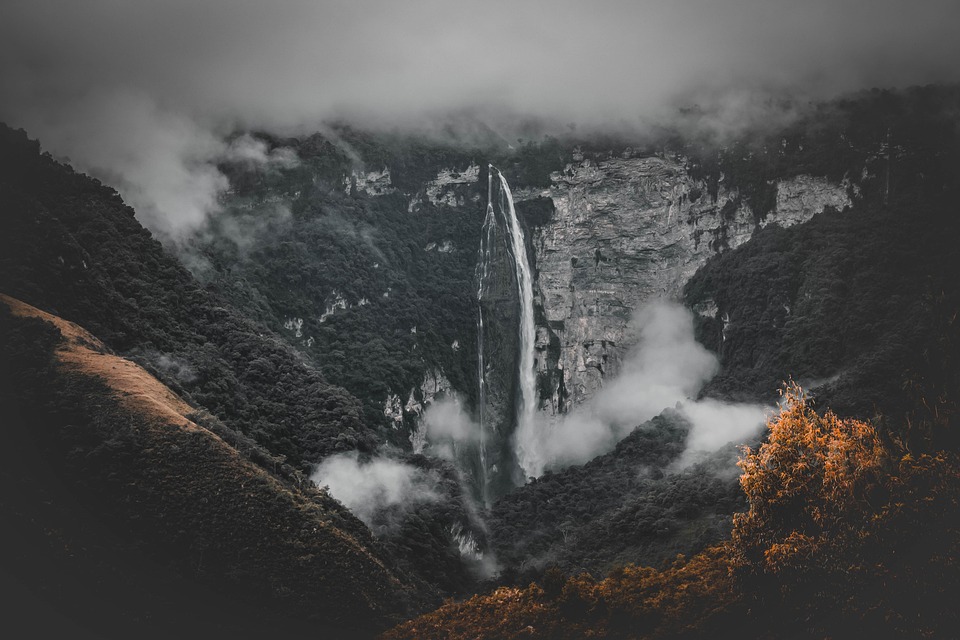
Delicious Cuisine
Brazilian cuisine is a fusion of indigenous, African, and European culinary traditions. The country is famous for its barbecue, which is known as churrasco, as well as its seafood dishes and tropical fruits. Visitors to Brazil can sample the country’s delicious cuisine at street markets, restaurants, and food festivals. Some of the must-try dishes include feijoada, a black bean stew, and pão de queijo, a cheese bread that is popular in the state of Minas Gerais.
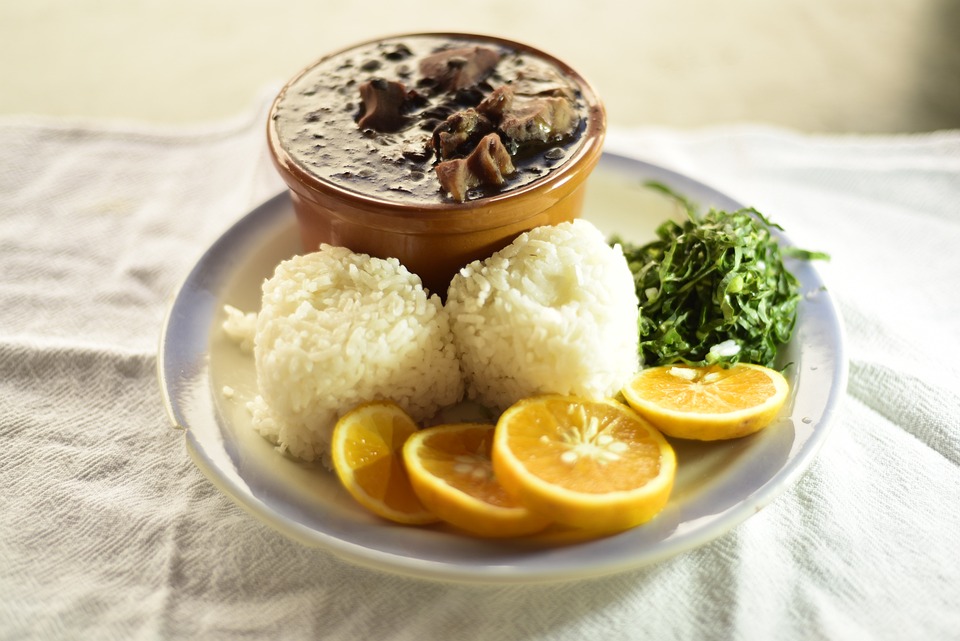
Historical Landmarks
Brazil has a rich history that is reflected in its many historical landmarks. The country is home to many colonial towns, such as Salvador and Ouro Preto, which have well-preserved architecture and cobblestone streets. The country is also home to many iconic landmarks, such as the Christ the Redeemer statue in Rio de Janeiro and the Iguazu Falls, which is one of the most impressive waterfalls in the world. Visitors to Brazil can explore these historical landmarks through guided tours or by exploring on their own.
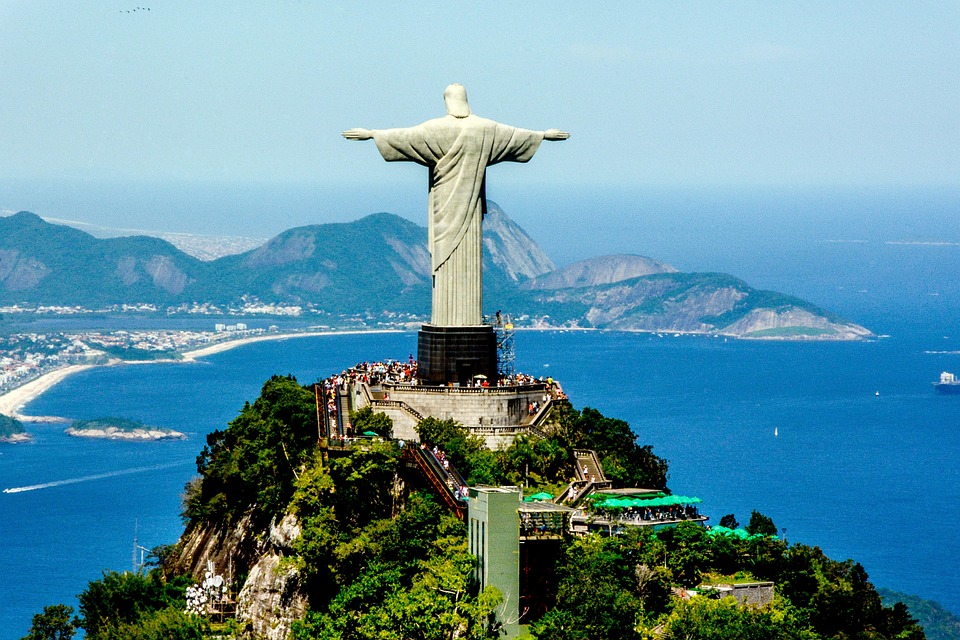
Exciting Nightlife
Brazil is famous for its exciting nightlife, which is centered around music, dance, and entertainment. The country is home to many nightclubs, bars, and music venues, which offer visitors the chance to experience Brazil’s vibrant nightlife scene. The cities of Rio de Janeiro and Sao Paulo are particularly famous for their nightlife, with many clubs staying open until the early hours of the morning.
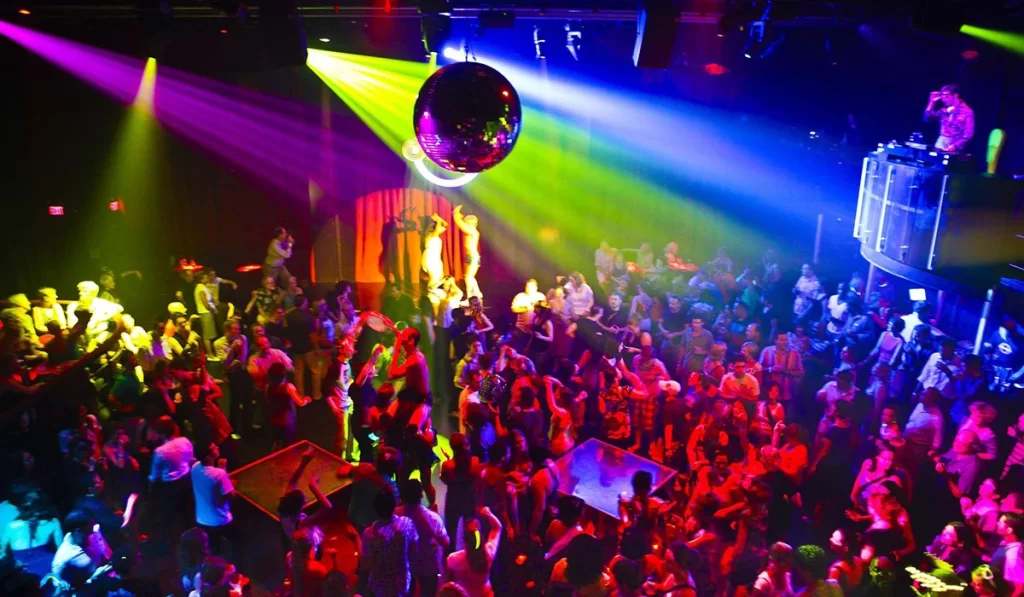
Sports
Brazil is a country that is passionate about sports, particularly soccer. The country has won the FIFA World Cup a record five times, and soccer is a major part of Brazilian culture. Visitors to Brazil can experience the country’s love of sports by attending a soccer match, or by participating in other sports such as beach volleyball, surfing, and kiteboarding.
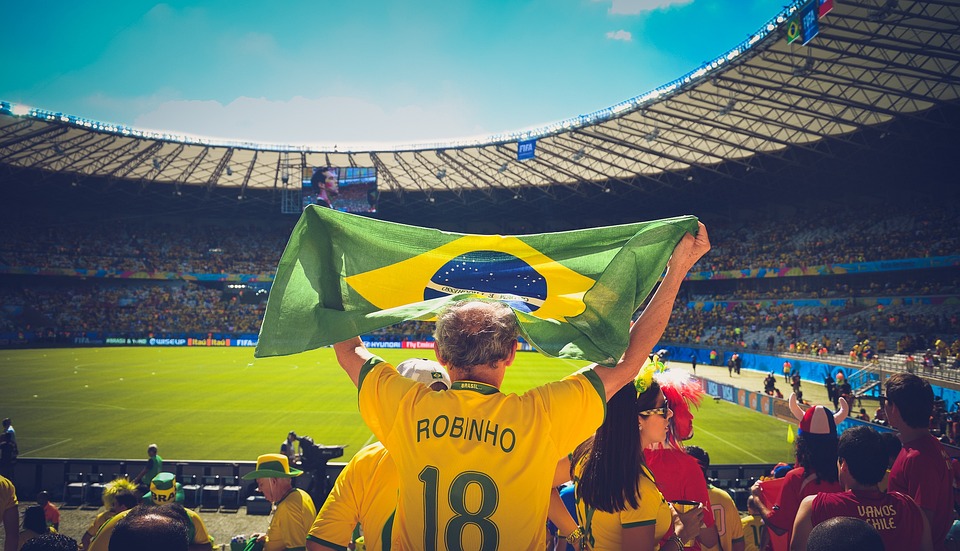
Some Interesting Facts About Brazil
- Brazil is the fifth largest country in the world by both land area and population.
- The official language of Brazil is Portuguese, making it the only country in South America with Portuguese as its official language.
- Brazil is home to the largest rainforest in the world, the Amazon Rainforest.
- The country has the world’s largest carnival celebration, the Carnival of Rio de Janeiro, which attracts millions of visitors every year.
- Brazil is the largest producer of coffee in the world, accounting for over 30% of the world’s coffee production.
- The famous Christ the Redeemer statue in Rio de Janeiro stands 98 feet tall and weighs over 1,000 tons.
- Brazil is the only country to have played in every FIFA World Cup since the tournament’s inception in 1930.
- The country has over 4,000 airports, making it the country with the second-highest number of airports in the world, after the United States.
- Brazil is the world’s largest producer of sugarcane, and the country is a major producer of other crops, such as soybeans, corn, and oranges.
- The Brazilian Real is the country’s currency, and it is abbreviated as BRL.
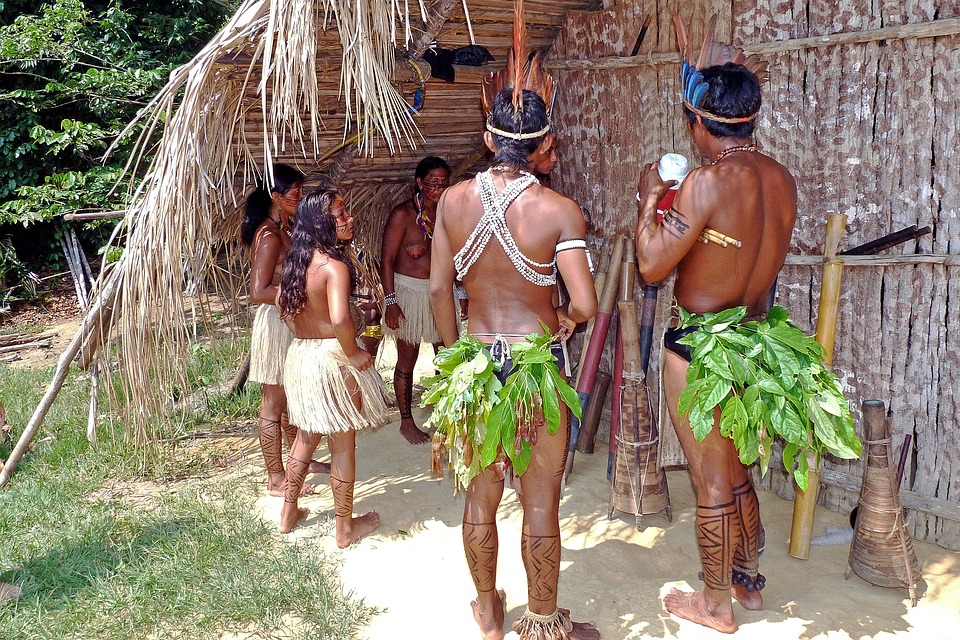
Languages Spoken in Brazil
The official language of Brazil is Portuguese, which is spoken by the vast majority of the population. In fact, Brazil is the only Portuguese-speaking country in South America, and Portuguese is the fifth most spoken language in the world. Aside from Portuguese, there are also many other languages spoken in Brazil due to its diverse population and cultural influences. Indigenous languages are spoken by some of Brazil’s indigenous communities, and there are also several immigrant communities that speak their own languages, such as German, Italian, and Japanese. In addition, English and Spanish are widely spoken and understood in Brazil, particularly in tourist areas and by those who work in the hospitality and tourism industries.
Religion
Brazil is a country that values religious tolerance and diversity, and people of all faiths and beliefs are generally accepted and respected. A majority of the population being Roman Catholic, however, in recent years, there has been a rise in the number of Evangelical Christians, and they now make up a significant portion of the population as well. Aside from Christianity, there are also many other religious groups in Brazil, including followers of Afro-Brazilian religions such as Candomblé and Umbanda, as well as followers of Spiritism and Buddhism.

